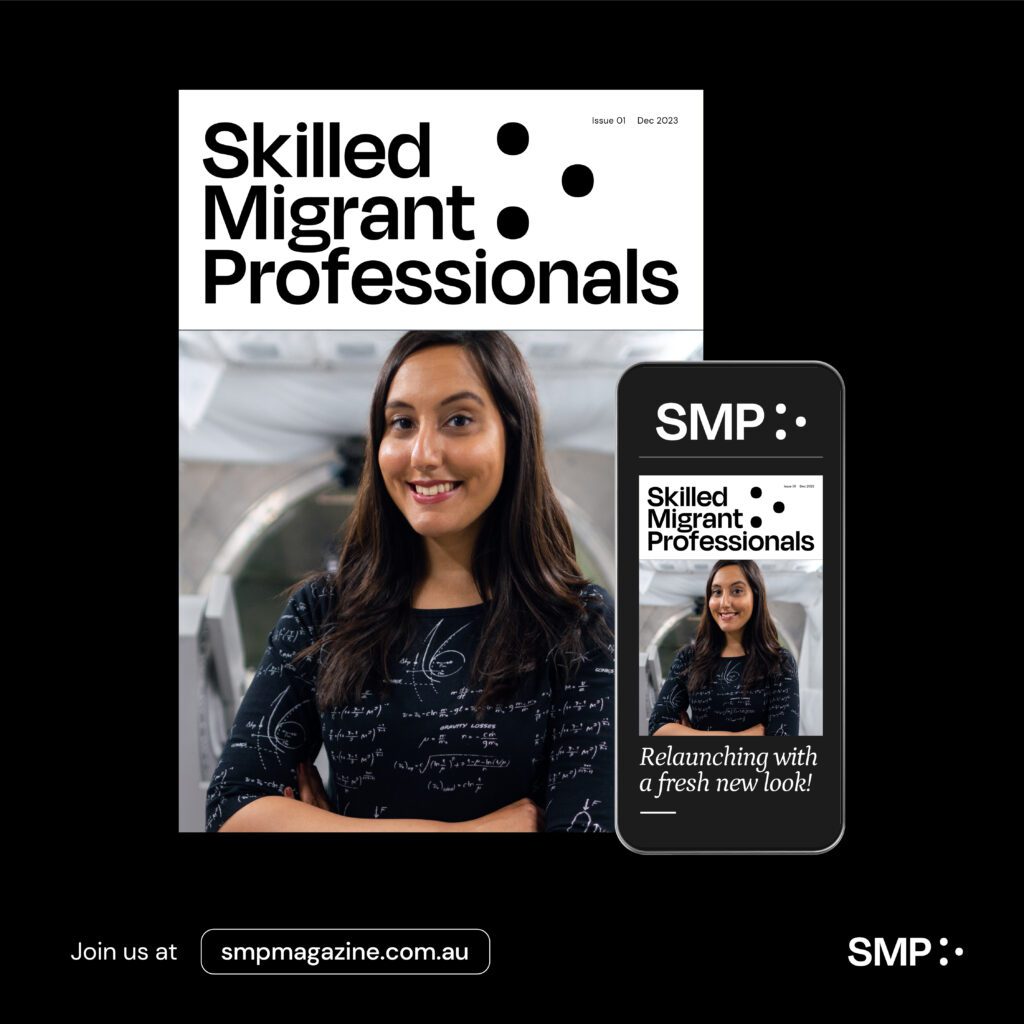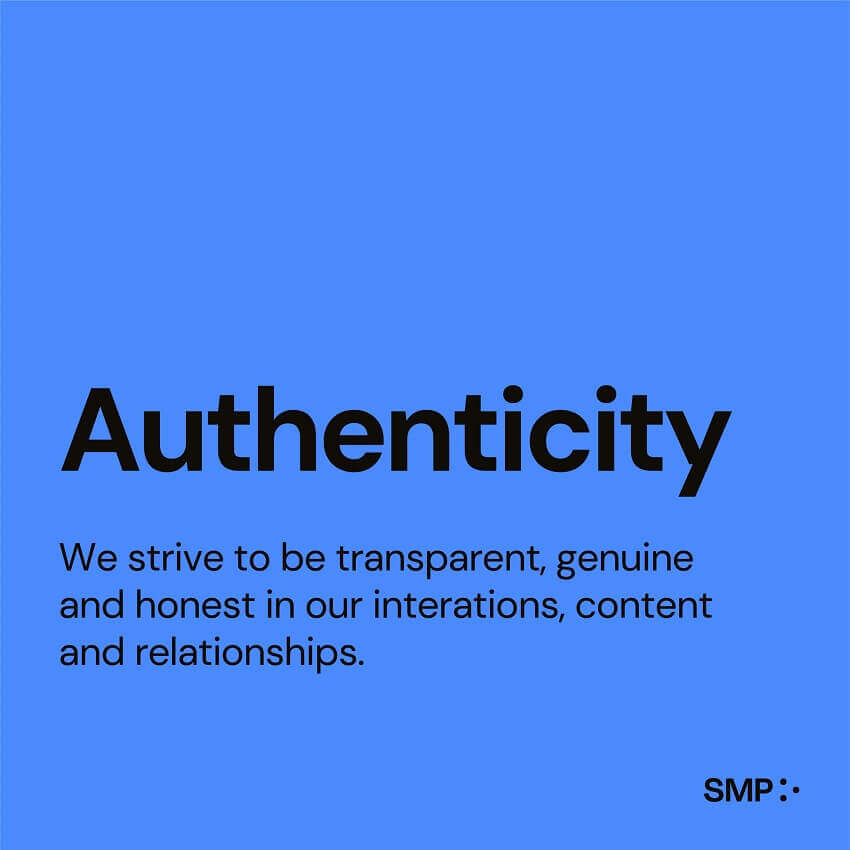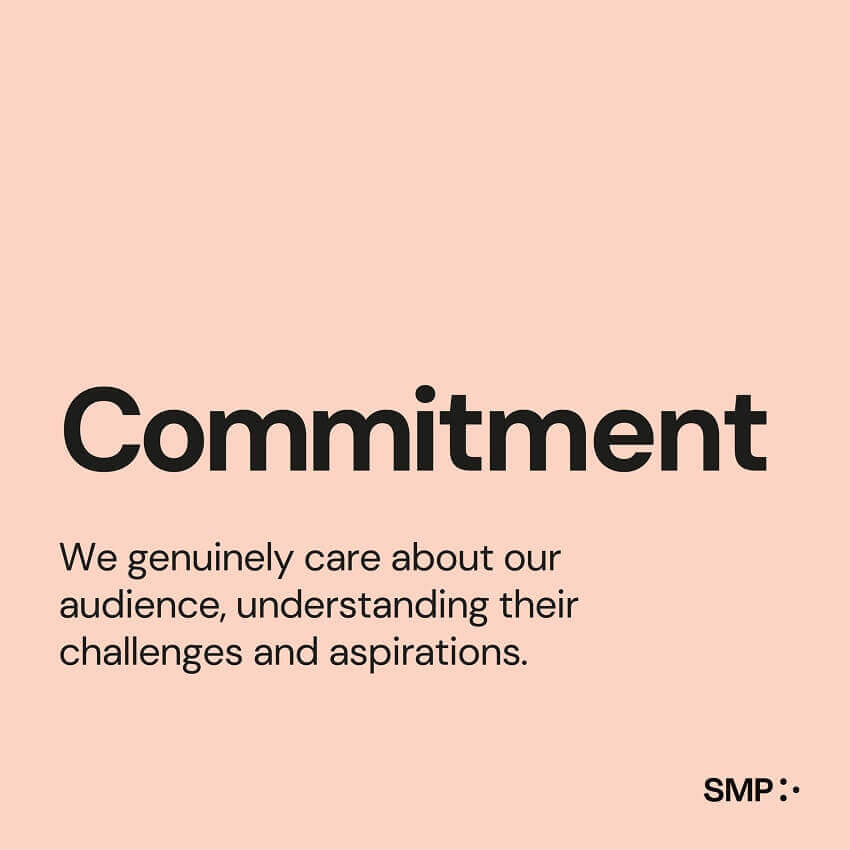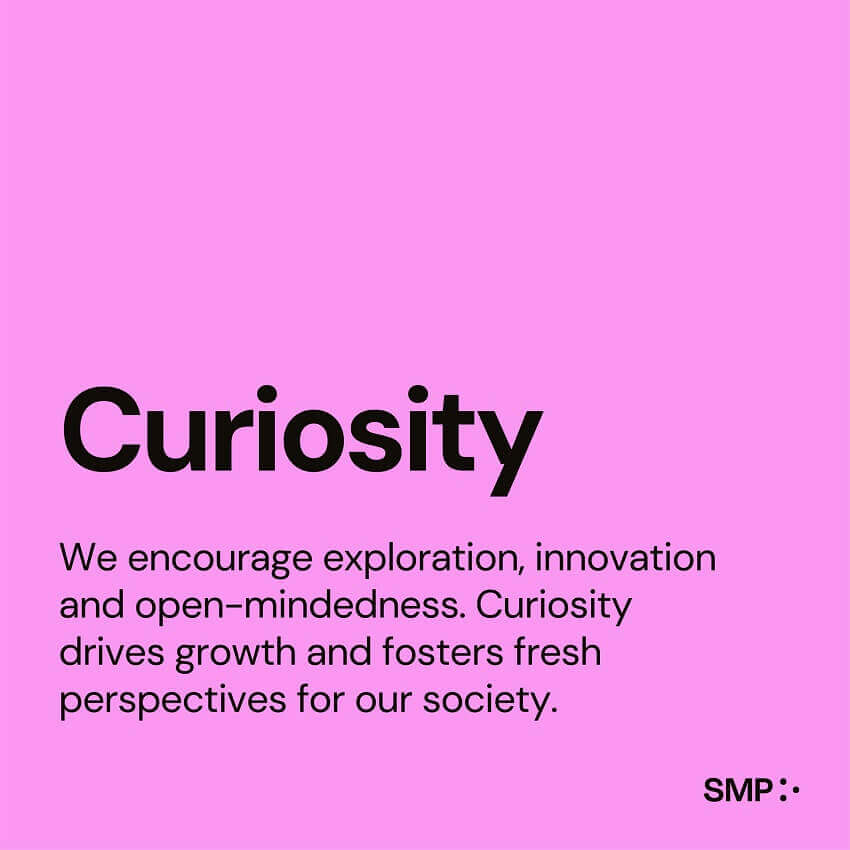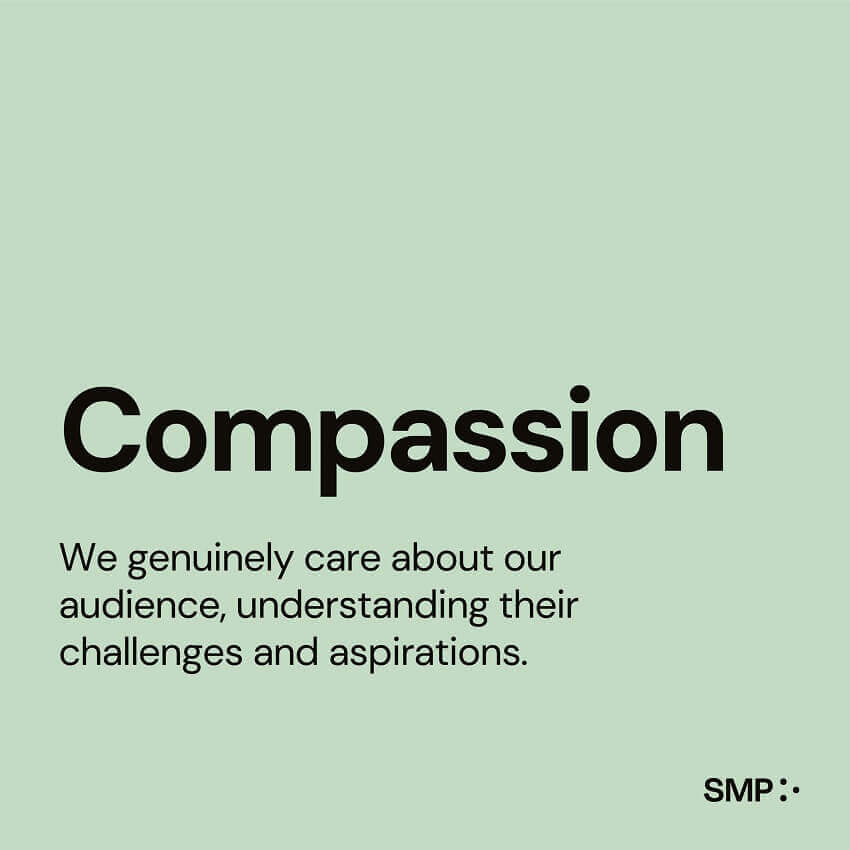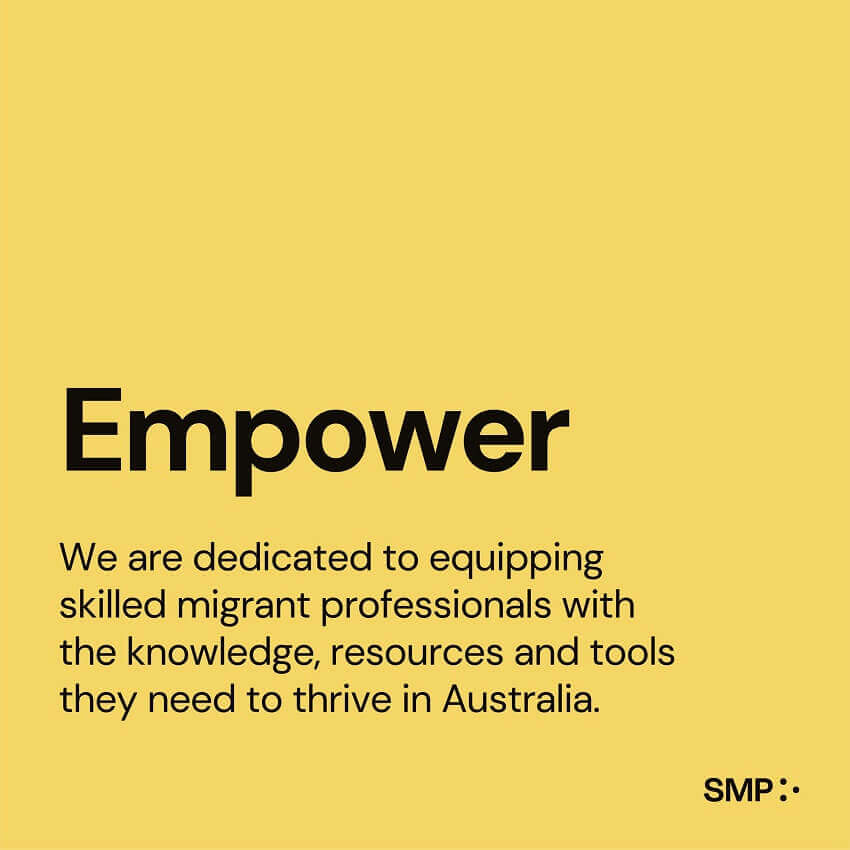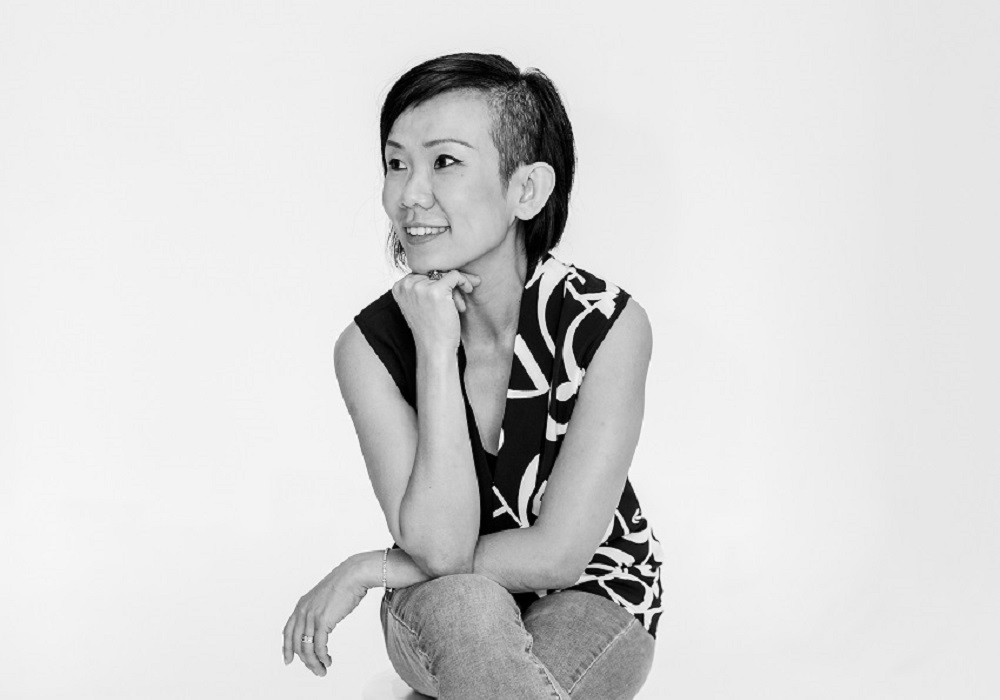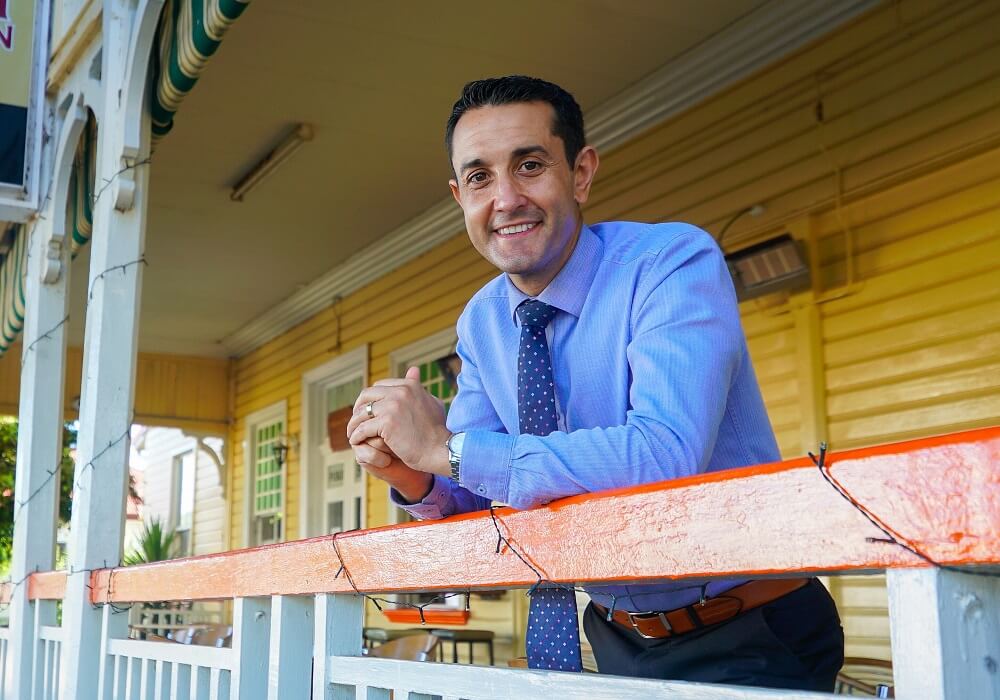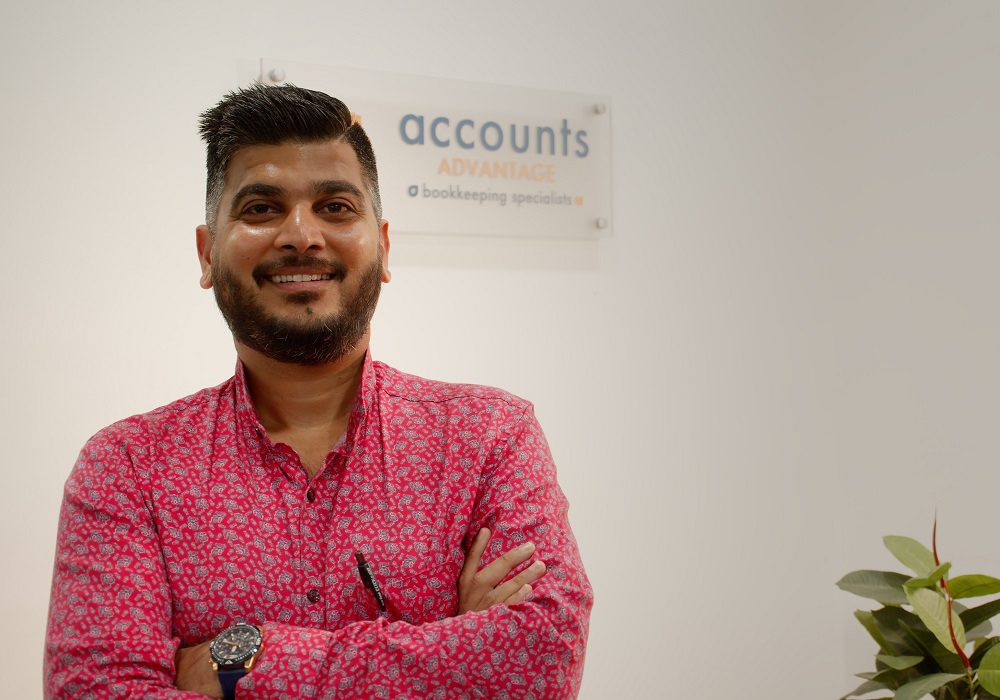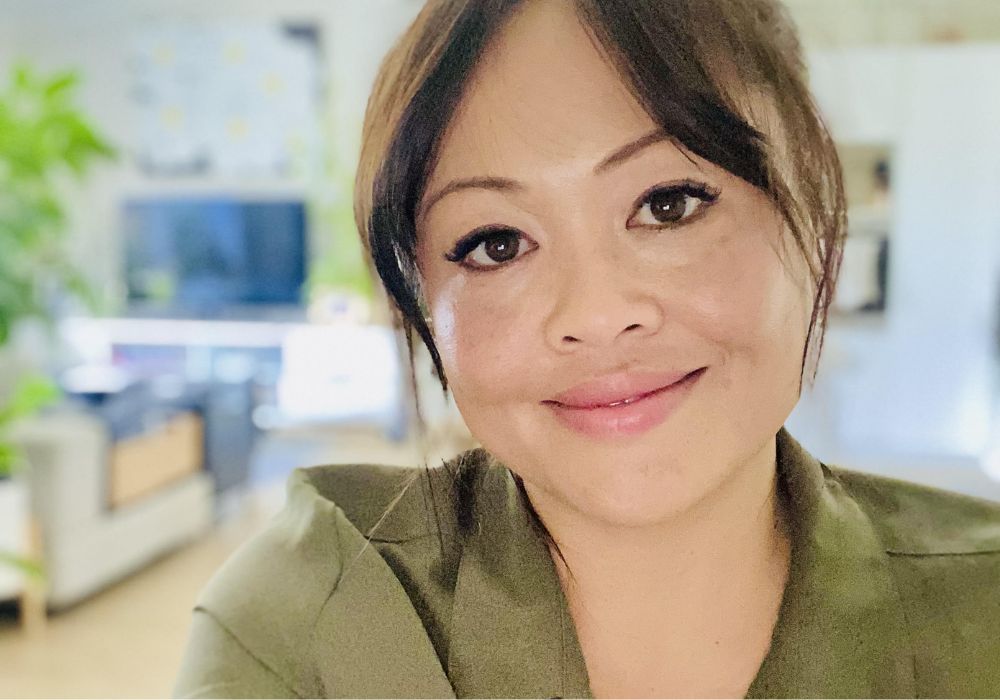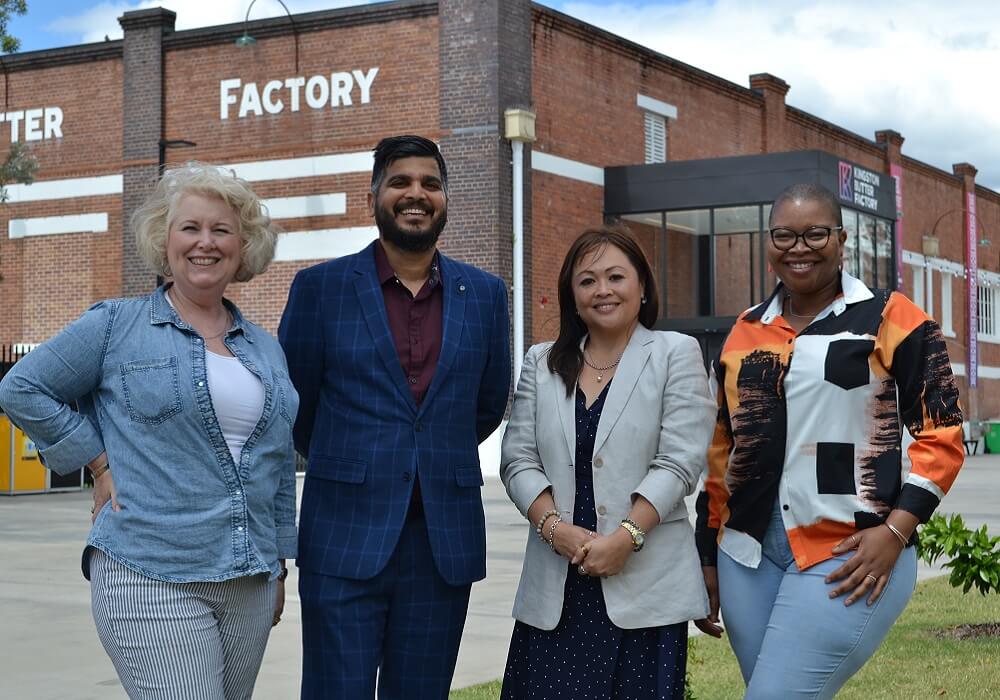Blossom Anyimba-Cooley is a driven and dedicated professional with a wealth of experience in diversity, equity, inclusion, accessibility and belonging (DEIAB) initiatives across various sectors.
Originally from Nigeria, Blossom has a Certificate in Diversity, Equity, Inclusion and Belonging and a Masters of Journalism. With a diverse career spanning state and federal government, private, and nonprofit organisations, Blossom has been instrumental in enhancing workplace experiences.
Her expertise lies in recruitment strategies, staff retention, policy improvement, and training programs aimed at fostering inclusion. Her collaborative efforts with black writers from Western Sydney and Westwords resulted in the publication of a captivating collection of narratives in 2021 titled Smile Across the Ocean.
As a researcher, amplifying the voices of people of colour through accurate data collection is close to Blossom’s heart. Her belief is that data and information should not be excluded, and she is passionate about bridging these gaps.
Based in Canberra, Blossom lives with her husband and two children. Having lived in various regions across Australia, including Western Sydney, Queensland, Victoria, and New South Wales, she brings a rich tapestry of perspectives and experiences to her work.
My migrant journey started with my mum. She originally migrated from Nigeria to the United Kingdom and studied and was qualified as a registered psychiatric nurse. Unfortunately, due to changes in migration laws at that time, she was unable to work there.
An uncle in Australia suggested we come here instead, so we migrated to Australia when I was 17. Although I had a great awareness of being different, it was worse for my siblings who were still at school. As a younger person in Australia you try to assimilate so that we don’t stand out too much, but you also want to be true to yourself. Sometimes when you’re younger it’s difficult to understand how to be the truest form of yourself.
Watching my younger siblings cope with this double identity provided clarity and depth to my own experiences as a migrant and my interest in workplace inclusion.
I firmly believe that workplace inclusion is not just a matter of policy but a crucial aspect of wellbeing with a profound impact on mental and physical health.
People tend to oversimplify “racism” as a series of deliberate acts. It’s a very simple word to explain a very complex issue that impacts not only on our mental health and well-being but also has a generational flow-on impact. I don’t think we have a word to correctly describe the impact of racism or being racialized in this country. There are so many impacts on people personally.
A few years ago during the Black Lives Matter movement, I felt very alone. I came to a realisation that perhaps the problem wasn’t that people were mean or terrible because I knew they weren’t. The problem was a lack of understanding of our lived experiences. I thought that if people had the opportunity to tell their stories, we could better understand each other.
That’s how I had the idea to start Not On My Watch, to dismantle unconscious biases and help people understand the nuances of race and racism.
Most businesses in Australia have diversity, equity, inclusion, accessibility and belonging (DEIAB) policies that focus a lot on numbers. But DEIAB is about people, so I want to have a network of people who can tell their stories to people in corporations and organisations. I think that that’s the only way to combat unconscious biases, racism and any form of microaggression.
Once we can tell our stories as authentically as possible and be gracious enough to listen and learn from those experiences, we can find ways to support people in their workplaces. We spend a third of our lives at work and it shouldn’t be a horrible experience.
For people who are experiencing difficulties through exclusion, I’d suggest that, while it’s always good to speak up, be mindful of your safety. Choose where, when and to whom you’re speaking and document as much as you can.
There is support available – look for allies in your organisation. You can also get professional help. Every organisation that I know has an employee assistance program. Medicare has 10 hours of psychology that you can access for support. There are also psychologists within your community who might be able to help you.
Another thing that helps is having an external network to talk to. It will give you clarity and stop you from living in your own head too much.
My strongest belief is that we’re here for a purpose. For me, that purpose is to leave the world better than I came to it. Having the privilege of supporting people at work is not lost on me. When people come to me with a problem, I make it my problem too. When I do inclusion at work I make people uncomfortable not because I choose to but because when we talk about people’s lived experiences, you should not feel uncomfortable about somebody telling their own stories. What you can do instead is think and talk about how you can make this better for them.
It’s not about me. It’s about this person’s journey and how I can make that journey easier.

